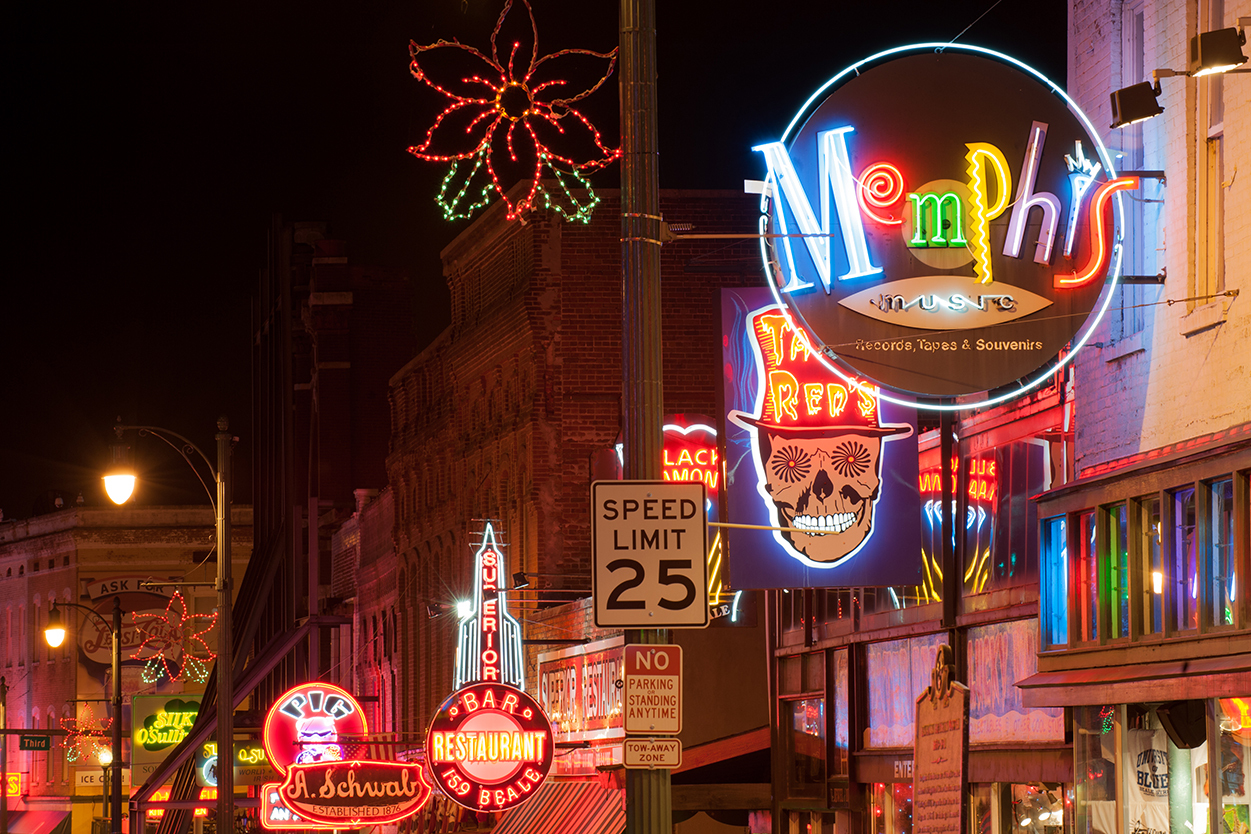Cheaper fares for sneaky risk-takers
You can score cheap tickets if you're willing to take risks and pull a sneaky trick or two. This weekend, The New York Times Magazine has reminded people of an old guerrilla tactic called "hidden-city ticketing." It's best explained with an example.
As of this morning, Delta.com was charging $600 for a one-way ticket from Austin to Memphis, on this Sunday's flight 3021. But the fare from Austin to Tampa, through Memphis, is just $229—on the same flight 3021.
The reason: There is no nonstop competition that day on the route between Austin and Memphis, a Delta hub.
So why not buy the ticket to Tampa and but get off the plane in Memphis before the flight continues on? This strategy is called "hidden-city ticketing" and the opportunities appear most when flying between airports that are underserved by airlines.
This sly trick is complicated, risky, and breaks the rules of most airlines.
Most airlines ban the practice. On page 17 of Delta's contract of carriage, for example, the airline says it "specifically prohibits the practices commonly known as "Hidden City/Point Beyond Ticketing."
Airlines like Delta have set their computers to automatically cancel any remaining portion of a passenger's itinerary when he or she fails to show up for a flight segment. Delta also reserves the right to assess the passenger "the difference between the fare actually paid and the lowest fare applicable to the passenger's actual itinerary." If caught, you may have to pay a penalty fee of about $150, too. If you booked through a travel agent, you could get the agent into hot water. All that said, no one has ever been banned from flying for having gotten caught doing hidden-city ticketing.
The New York Times Magazine claims you won't get caught if you act carefully. Don't check a bag, of course, because your bag will go on to your final ticketed destination.
Don't share your frequent flier number either, it says, because the airline's computers may be able to pinpoint your irregular behavior and deduct miles from your your account as a penalty. Remember, the gate agent will notice when you are missing from the onward flight, especially if he or she will need to give your now-empty seat to a stand-by passenger.
Still, hidden-city ticketing usually isn't practical. In the above example, how do you get home from Memphis? Once again, you have to go to a search engine like Kayak and try a bunch of different flight combinations to find a multi-stop ticket that will work. It can take hours to find combinations that work for each route.
You're not checking bags, so you had better hope that there's room in the overhead bin for your luggage. If your bag is gate-checked, it will fly on to the ticketed destination—which would be a problem.
The airlines have a reason to be upset by this practice. It's not the same thing sa buying a two-liter bottle of soda that is on sale for $1 and only drinking some of it instead of buying the smaller, one-liter bottle that is bizarrely $1.49. It's different because when you buy a ticket, you're agreeing to that ticket contract requiring you not to break its rules. If many people broke the rules and did hidden city ticketing, airlines would have to raise prices even more on routes between their hubs and smaller airports. Everyone would be hurt.
Yet the airlines have themselves to blame for having so angered the traveling public with their various insults and bizarre pricing practices. No wonder many travelers have no problem with being sneaky like this.
MORE FROM BUDGET TRAVEL
American Airlines is testing movie streaming to passenger laptops
American Express is selling packages to unknown destinations






